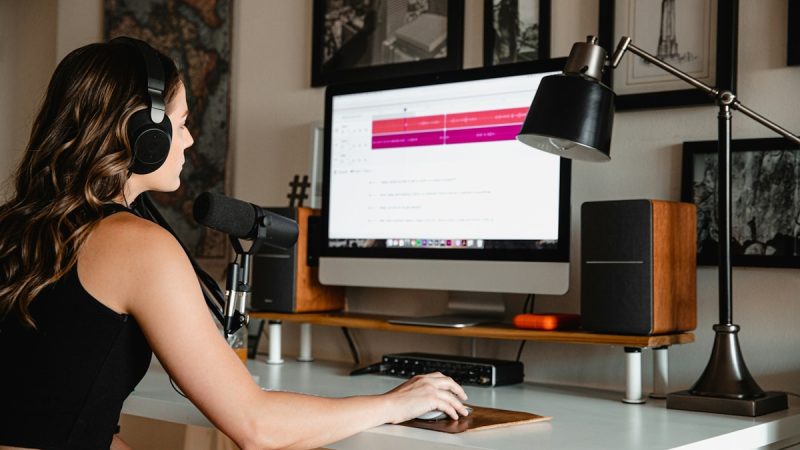In recent years, social media has altered how we connect, share information, and even learn. Understanding the importance of these platforms in modern education becomes increasingly important as instructors, students, and institutions use them more. This blog explores the varied impact of social media on education, highlighting both its benefits and drawbacks..
1. Enhancing Communication and Collaboration
Social media sites such as Facebook, Twitter, and LinkedIn have become critical tools for improving communication among students, teachers, and families. These platforms facilitate discussions outside of the classroom and encourage collaboration on projects and assignments. Educators, for example, can set up Facebook groups or Slack channels to allow for real-time conversations, resource sharing, and feedback.
According to a Pew Research Centre survey, 78% of teens use this to communicate with their peers, making it a perfect medium for educators to engage with kids in their most active environments. Furthermore, systems such as Edmodo and Google Classroom use social media to create collaborative online learning environments that increase student engagement.
2. Access to Diverse Resources
Social networking is a valuable resource for both students and instructors. Teachers can use platforms like Pinterest and YouTube to find new lesson plans, instructive videos, and creative teaching tactics. Students can follow educational accounts that share useful content, ranging from TED Talks to scholarly articles.
The rise of educational influencers on sites such as Instagram and YouTube has made learning more accessible and engaging. According to Edutopia research, 50% of students believe that Social media improves their learning experiences by providing them with other perspectives.
3. Fostering a Sense of Community
Social media can help students develop a sense of belonging, especially those who may feel excluded or marginalised. Online communities allow people to share their experiences, discuss issues, and seek support from their peers. For example, hashtags such as #TeachersOfInstagram and #StudentVoices provide areas for people to interact, share their experiences, and offer encouragement.
Furthermore, social media can be used to promote social activism and raise awareness, allowing students to interact with problems that are important to them. Movements like #BlackLivesMatter and #ClimateStrike gain steam on this, pushing students to take an active role in discussions about social justice and global concerns.
4. Challenges and Concerns
Despite its obvious advantages, the use of social media in education poses various problems. Privacy considerations are crucial, as students and teachers may unintentionally divulge sensitive information. Educators must emphasise the value of digital citizenship and teach pupils how to navigate online environments properly.
Furthermore, the possibility of diversion is great. With so many entertainment alternatives available on media, kids may struggle to focus on academic tasks. A study published in the Journal of Educational Psychology discovered that students who frequently use social media while studying score worse academically due to split attention.

Conclusion: Balancing Benefits and Risks
The significance of social media in modern education is unquestionably revolutionary, allowing for improved communication, resource access, and community building. However, educators, students, and parents must approach these platforms with caution, weighing the benefits and potential pitfalls.
As we navigate this digital age, promoting a culture of ethical social media use will enable students to maximise the benefits of these technologies while limiting the issues they provide. By doing so, we may foster a thriving educational ecosystem that embraces the benefits of this while maintaining student safety and well-being. For those considering a career in education or looking to enhance their teaching skills, freelancing platforms like Wiraa offer valuable resources and opportunities. With its 0% commission model, Wiraa empowers educators to share their expertise and connect with students in new and engaging ways. Embracing social media not only benefits student engagement but also opens doors for educators to thrive in the modern teaching landscape.




